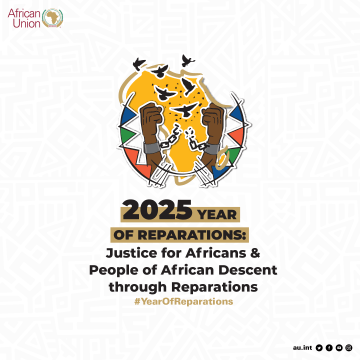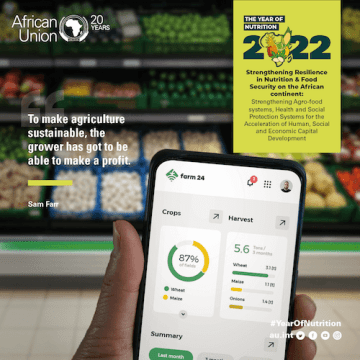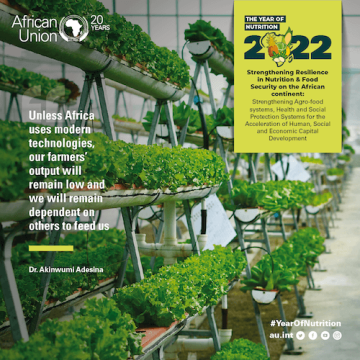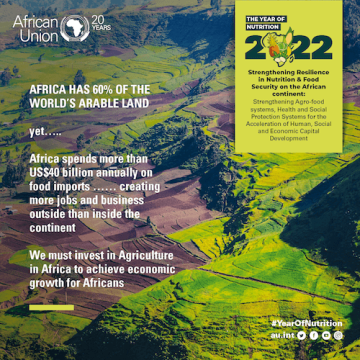Abuja, Nigeria – 10 November 2025 – Advancing the momentum toward an Africa-owned and Africa-driven digital governance framework, the African Peer Review Mechanism (APRM) convened a high-level expert meeting on its e-Governance instruments on the sidelines of the International Conference on E-Governance (ICEGOV 2025), held in Abuja, Nigeria, from 4 to 7 November 2025. Participants included representatives from AU Member States, the United Nations Development Programme (UNDP), academia, civil society, and private sector technology specialists.
Speaking on behalf of the APRM Continental Secretariat Chief Executive Officer, Ambassador Marie-Antoinette Rose-Quatre, Mr. Jibril Ibrahim-Kano, APRM Lead Expert on e-Governance, described the meeting as a “turning point” in Africa’s transition to technology-driven governance. He emphasised that the question is not whether technology should be governed, but how it can be harnessed for humanity, inclusivity, and development. He noted that the APRM’s forthcoming White Paper on E-Governance marks a historic step toward a coherent continental digital governance architecture aligned with African values and priorities.
The consultation refined the draft instruments and advanced the vision for Africa’s digital future, building on key AU frameworks, including the Digital Transformation Strategy (2020–2030), the Continental AI Strategy, the Data Policy Framework, and Agenda 2063.
In opening remarks, Mr. Kashifu Inuwa Abdullahi, Director-General of Nigeria’s National Information Technology Development Agency (NITDA), commended the APRM for its leadership. He stated that Africa must “leverage technology to improve citizens’ lives” and move from technology adoption to building its own systems. He reaffirmed Nigeria’s readiness to champion the continental agenda.
Echoing this, Hon. Jabiru Salisu, CEO of AUDA-NEPAD/APRM Nigeria, highlighted that Africa is at a pivotal moment in its digital evolution. He stressed that technology could enhance transparency, strengthen public institutions, and improve service delivery, provided there is policy coherence, strong partnerships, and sustained capacity development.
Ambassador Lineekela Josephat Mboti, APRM Focal Point for Namibia, praised the APRM for steering continental discourse on digital governance and urged political commitment and inclusive collaboration to ensure no citizen is left behind.
H.E. Abdoulie Janneh, Member of the APR Panel of Eminent Persons, stressed the need for strong political commitment from APRM Participating States to advance e-Governance. He highlighted the importance of collaboration with AU organs, particularly the AfCFTA Secretariat, to overcome barriers to cross-border digital trade. Commending Nigeria’s National Digital Literacy Framework and Digital Economy and E-Governance Bill (2024) as exemplary models, he encouraged the country to continue leading Africa’s collective digital transformation toward an inclusive, innovative, and trusted digital ecosystem.
Technical sessions focused on refining the draft White Paper and strengthening the consensus around the forthcoming APRM E-Governance Validation Workshop. Discussions emphasised the need for political will, policy harmonisation, regulatory independence, and investment in digital public infrastructure, including data centres, broadband connectivity, cloud platforms, and secure interoperable systems, to strengthen local innovation ecosystems and reduce reliance on imported digital solutions.
Experts highlighted that e-governance can enhance revenue collection, reduce corruption, improve business efficiency, and foster innovation through public-private partnerships. The consultations also laid the groundwork for an African-owned digital governance index, which will guide APRM support to Member States in enhancing transparency, accountability, and digital readiness.
As the APRM finalizes the White Paper, Based Questionnaire, and E-Governance Index, these instruments will together provide a strategic blueprint for African countries to measure, compare, and improve their governance systems through technology—anchoring the continent’s digital future in transparency, innovation, and inclusive development.









